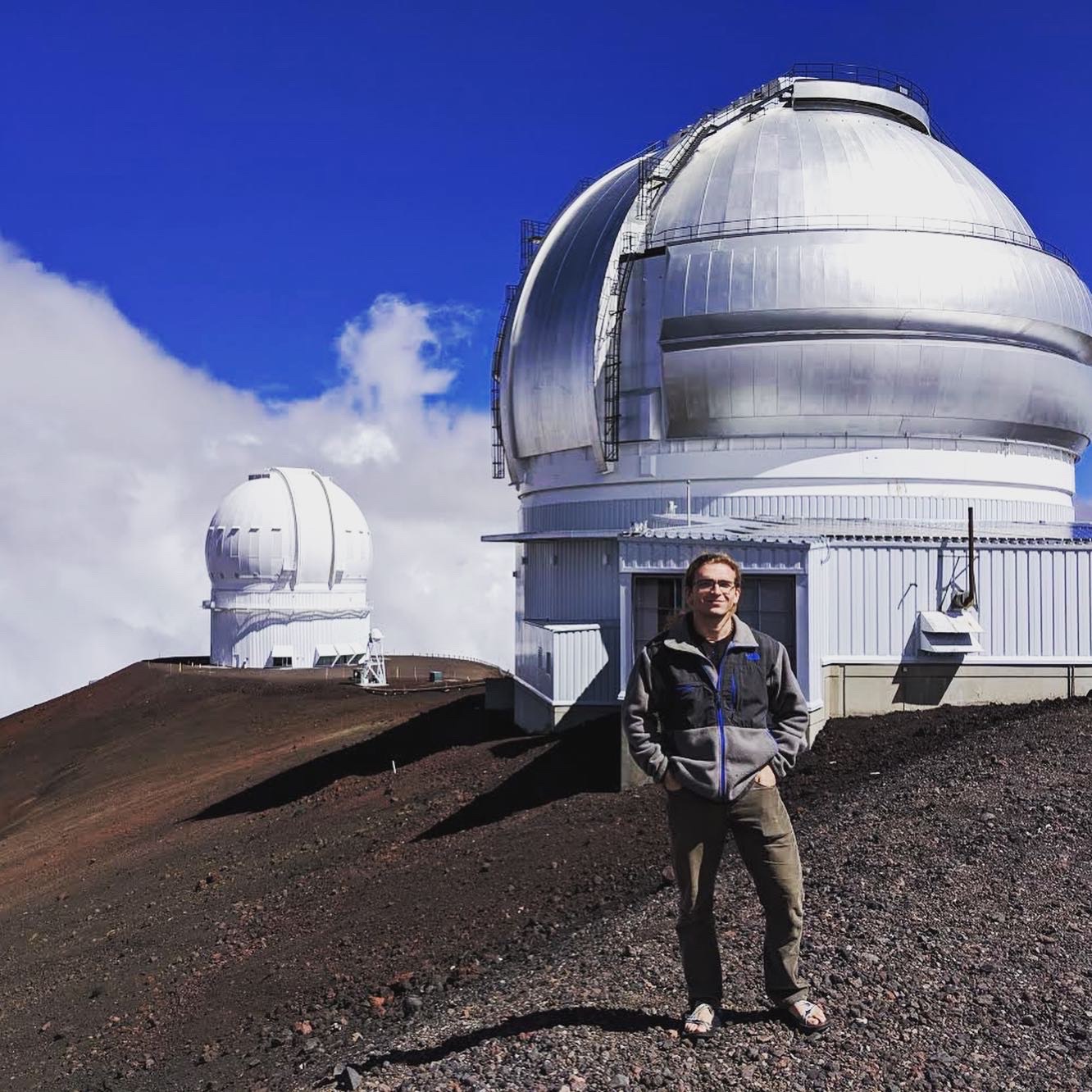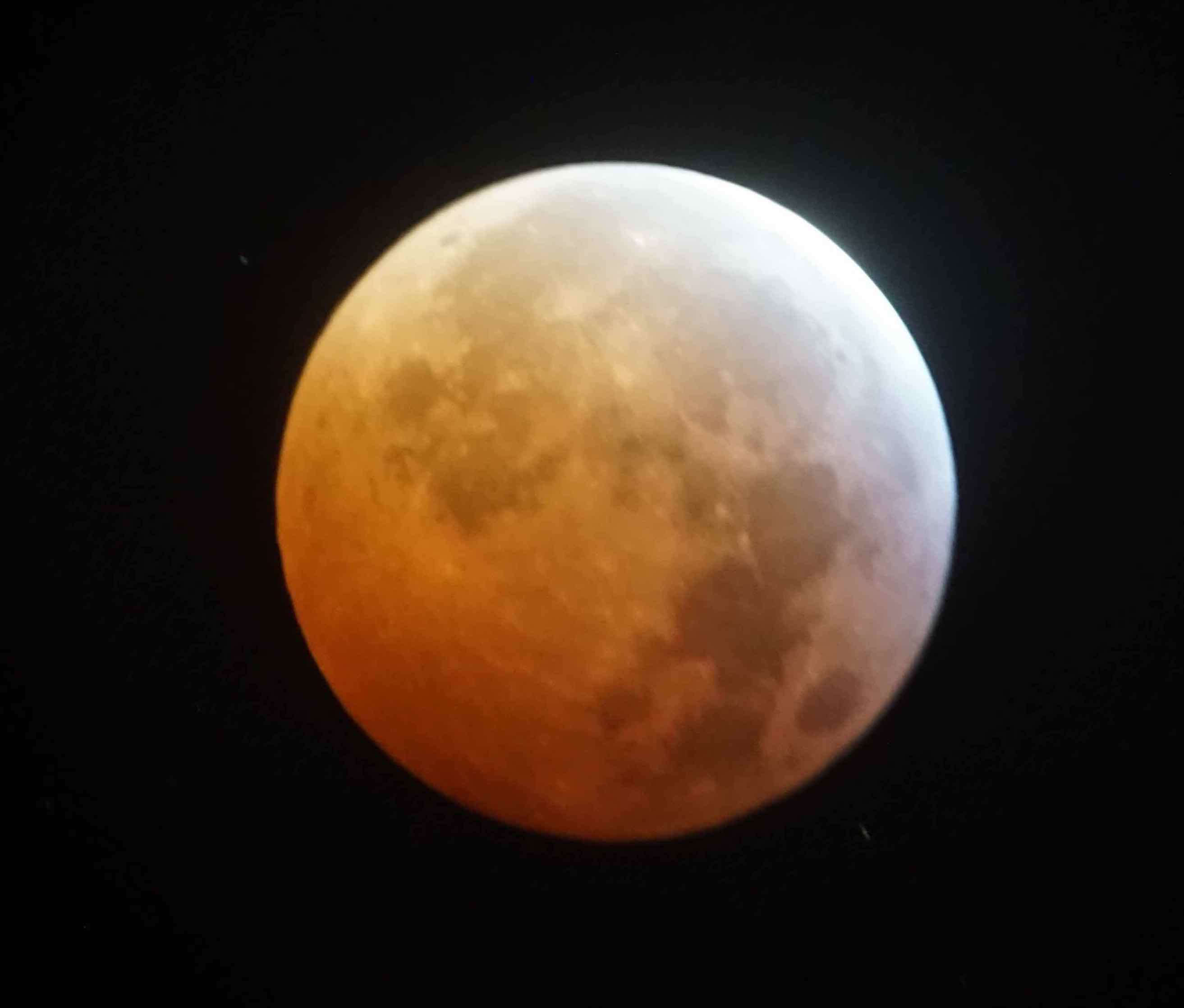Outreach
"Science and technology, and the various forms of art, all unite humanity in a single and interconnected system" - Zhores Medvedev
A summary of my efforts towards outreach and sharing astronomy
As astronomers, we enjoy the incredible opportunity and privelige to spend our time
studying the cosmos and developing an appreciation and understanding of the universe. It is our responsibility to ensure that
participating in this endeavor is possible for people from all backgrounds. One way to work towards this by participating in
public outreach.

Traditional Outreach
Since the start of my undergraduate studies I have made efforts to participate in outreach and science communication associated
with my home institution. Below are some of the highlights of these efforts, along with
links for those looking to become involved.
- IfA - led events:
The Institute for Astronomy (IfA) at the University of Hawaii leads numerous outreach efforts throughout the islands. These
include star-gazing events, science demonstrations, open-houses, and more. Along with the rest of the graduate students,
I participate in these events regularly.
Check out the IfA outreach website for more information on what we do and when.
- Maunakea Scholars:
Maunakea scholars is, "a new and innovative program designed to bring Hawaii's aspiring young astronomers into the observatory community,
competitively allocating observing time on a world-class telescope to local students." This program pairs local high school students in Hawaii
with astronomers to craft real telescope proposals and science experiments. Winning proposals are awarded telescope time on the Canada-France-Hawaii
telescope. In 2020 I will begin working with Maunakea Scholars as an astronomer mentor. For more information, see the Maunakea Scholars website.
- College of Charleston Observatory:
During my time as an undergraduate, I participated in outreach events held by the College of Charleston (CofC). Most of these events are now
handled through the CofC observatory, where public star-gazing events are organized and open houses are held. Check out their website to learn
about upcoming events.

Outreach with Technology
Throughout my career I have looked for ways to further share science and astronomy using technology. Since most families are connected
to the internet, and since many of us receive an increasing fraction of our information from the web, methods of outreach and science
communication that use these avenues may reach wider areas of the community. Below are some of the specific channels I use for
sharing science through the internet.
- Astrobites:
From the astrobites website: "Astrobites is a daily astrophysical literature journal written by graduate students in astronomy since 2010.
Our goal is to present one interesting paper per
day in a brief format that is accessible to undergraduate students in the physical sciences who are interested in active research."
I am an author for astrobites, contributing paper summaries roughly once a month. Astrobites is a great resource for learning about a wide range of
topics in astronomy from budding experts that work in the field. You can check out my astrobites here.
- @cosmos_inyourhands:
I started a collaboration called cosmos_inyourhands with a goal similar to astrobites' though with a different format. With millions of people across all age
groups and throughout the world connected to social media, I thought that social media presented an interesting platform for sharing science. In particular,
Instagram, focusing on visual information, might be especially suited for sharing astronomy. I try to present 2200 character summaries of papers every week
on topics of interest to me. This platform has allowed me to connect with students across the world.
- SkypeAScientist:
Skype-a-scientist is an amazing organization connecting real scientists with classrooms across the country. Their goal is to provide students of
different ages with meaningful interactions with scientists in various disciplines through video-chat. I have communicated with several
classes through this organization, leading question-and-answer sessions and educational seminars for students of different levels. Both
scientists and teachers looking to get involved can follow the link.
- Adopt-a-Physicist:
From the Adopt-a-Physicist website: "Adopt-a-Physicist connects high school students with physics graduates via online message boards.
In this supervised forum students and physicists can talk freely about careers, school, work, and family balance." This program is led by
Sigma Pi Sigma, the physics honor society. As a member of Sigma Pi Sigma, I have participated in the program since obtaining my bachelor's degree.
Teachers and physicists can follow the link to become involved.
